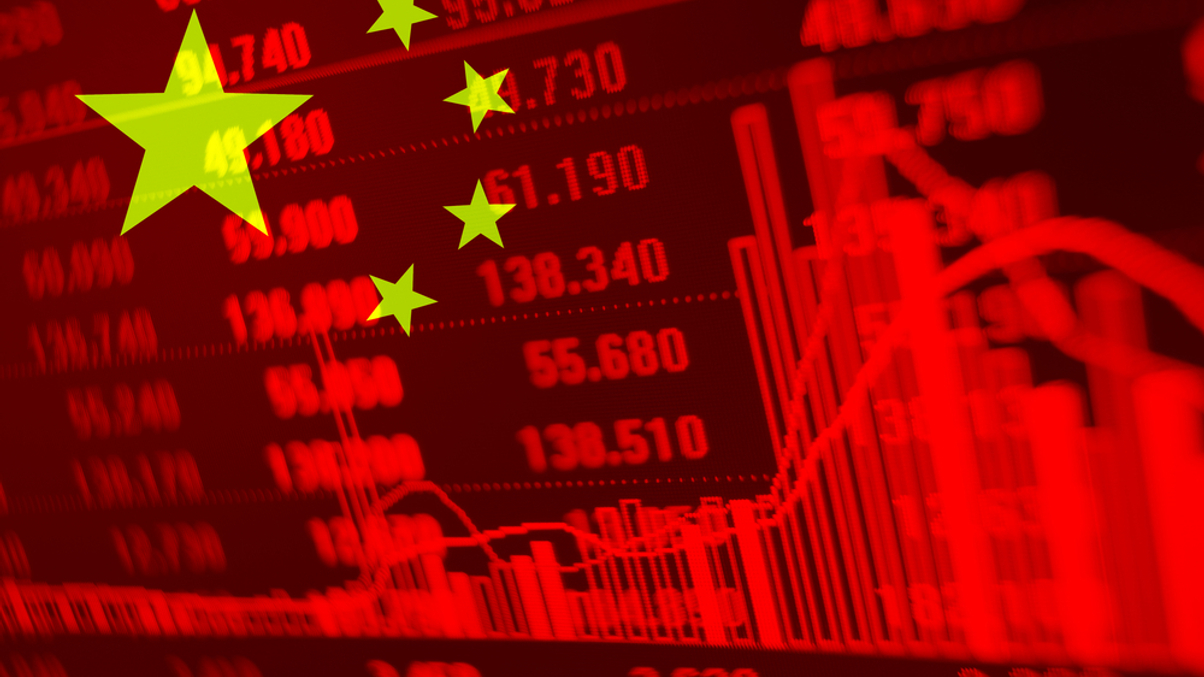Market Views: Will China’s stock market rally continue over the next year?
After facing strong selling pressures at the beginning of the year, Chinese stocks have started to rally in the past weeks, but how long will this reversal last and should institutional investors be jumping back in?

As the value of global equities continues to fall amid fresh interest rate hikes by the US Federal Reserve, Chinese stocks have extended their recent outperformance and rallied to their highest level in three months.
Sign in to read on!
Registered users get 2 free articles in 30 days.
Subscribers have full unlimited access to AsianInvestor
Not signed up? New users get 2 free articles per month, plus a 7-day unlimited free trial.
¬ Haymarket Media Limited. All rights reserved.


